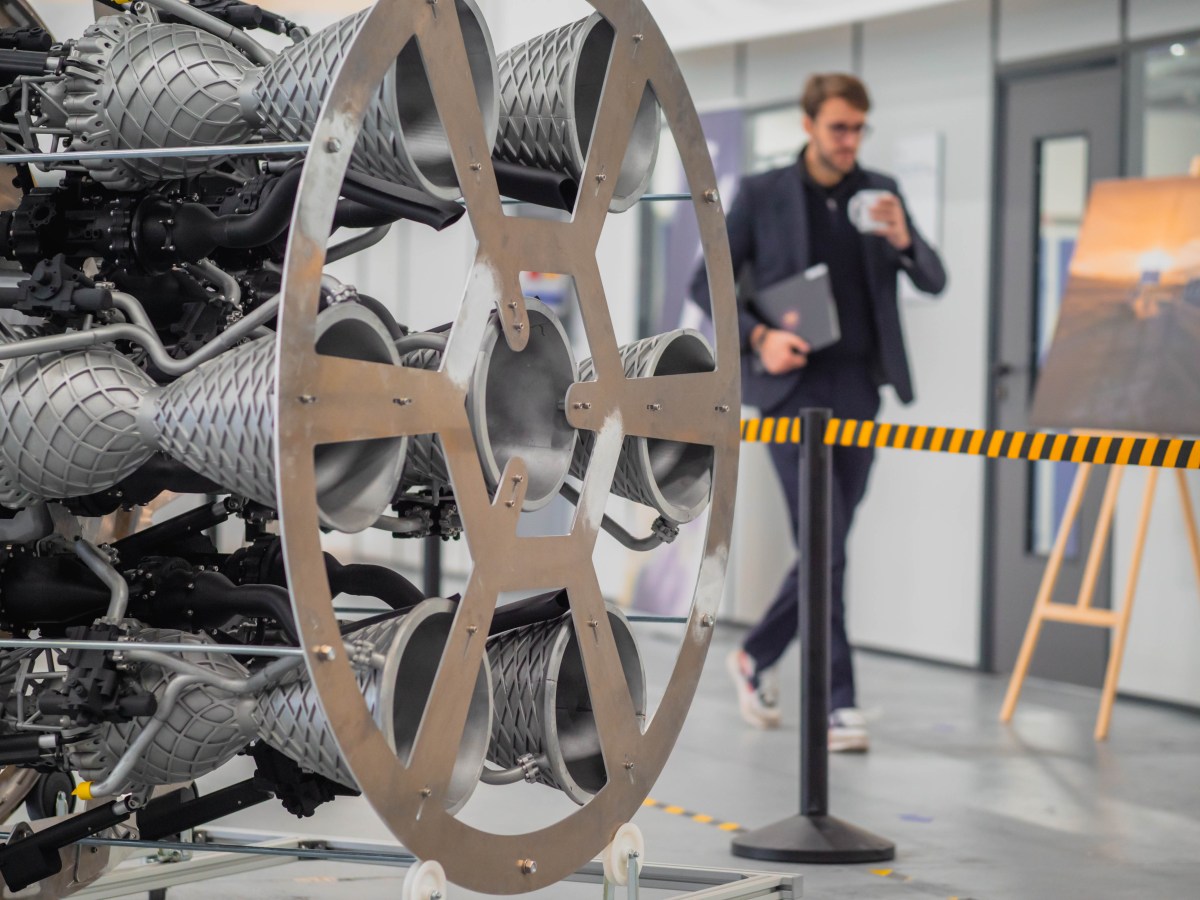French small launch developer Latitude has closed $30 million in new capital as it eyes the first flight of its Zephyr rocket in 2025. While other rocket companies are going bigger, developing even more massive rockets, Latitude is taking a different approach: light, small, and hopefully cheap enough to beat out competitors. Its first rocket, […]
© 2023 TechCrunch. All rights reserved. For personal use only.
French small launch developer Latitude has closed $30 million in new capital as it eyes the first flight of its Zephyr rocket in 2025.
While other rocket companies are going bigger, developing even more massive rockets, Latitude is taking a different approach: light, small, and hopefully cheap enough to beat out competitors. Its first rocket, Zephyr, will stand at just 62 feet and will be capable of delivering up to 100 kilograms of payload to low Earth orbit. (For reference, SpaceX’s Falcon 9 has a payload capacity of 22,800 kilograms to LEO.) The two-stage rocket will be powered by eight 3D-printed engines called Navier, which Latitude is developing in-house.
In a statement, Latitude CEO and cofounder Stanislas Maximin said 2024 would be a “pivotal year” before Zephyr’s first flight in 2025.
Indeed, the company aims to use the financing to continue developing the next iteration of Zephyr – a slightly larger launcher that will be capable of carrying 200 kilograms of payload by 2028. In addition, Latitude said in a press release that the funding will enable the establishment of a new assembly line, manufacturing the first launcher, additional testing and adding more headcount to the 100-plus person team.
Latitude’s existing investors Crédit Mutuel Innovation, Expansion, Bpifrance via DeepTech 2030, and UI Investissement, as well as Blast.club, Kima Ventures and unnamed individual investors, contributed to the round. The company has now raised nearly $55 million to-date.
Latitude is part of a growing number of European launch startups looking to boost that continent’s native launch capability, which has been sorely lacking with ongoing delays to next-gen rockets like Arianespace’s Ariane 6. Charles Beigbeder, a European VC with Expansion, called this out directly in a statement, saying that “Europe needs to regain full sovereignty over space launchers.”
The French government has also made its own efforts to support a native space industry – which Latitude is already benefitting from. The country’s DeepTech 2030 fund aims to invest over 50 billion euros to kickstart France’s deep tech ecosystem.

Leave a Reply